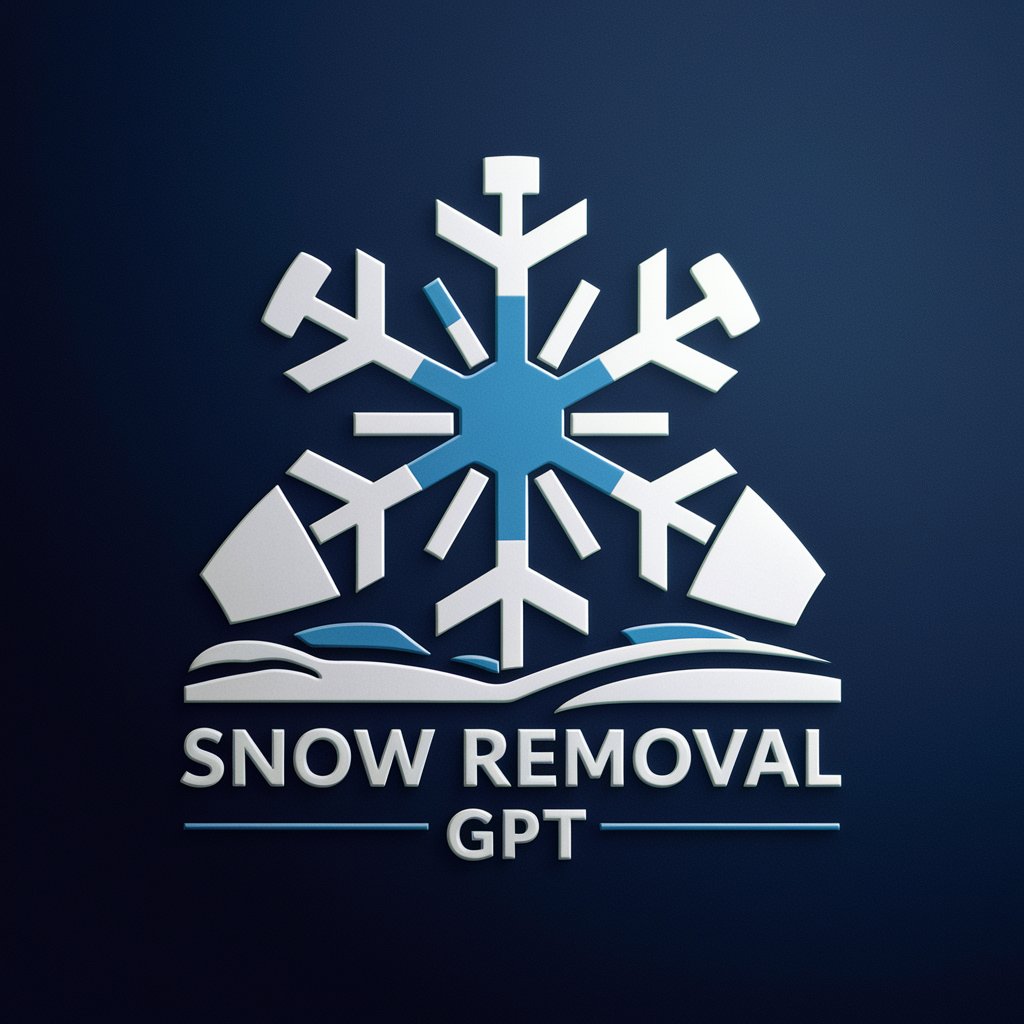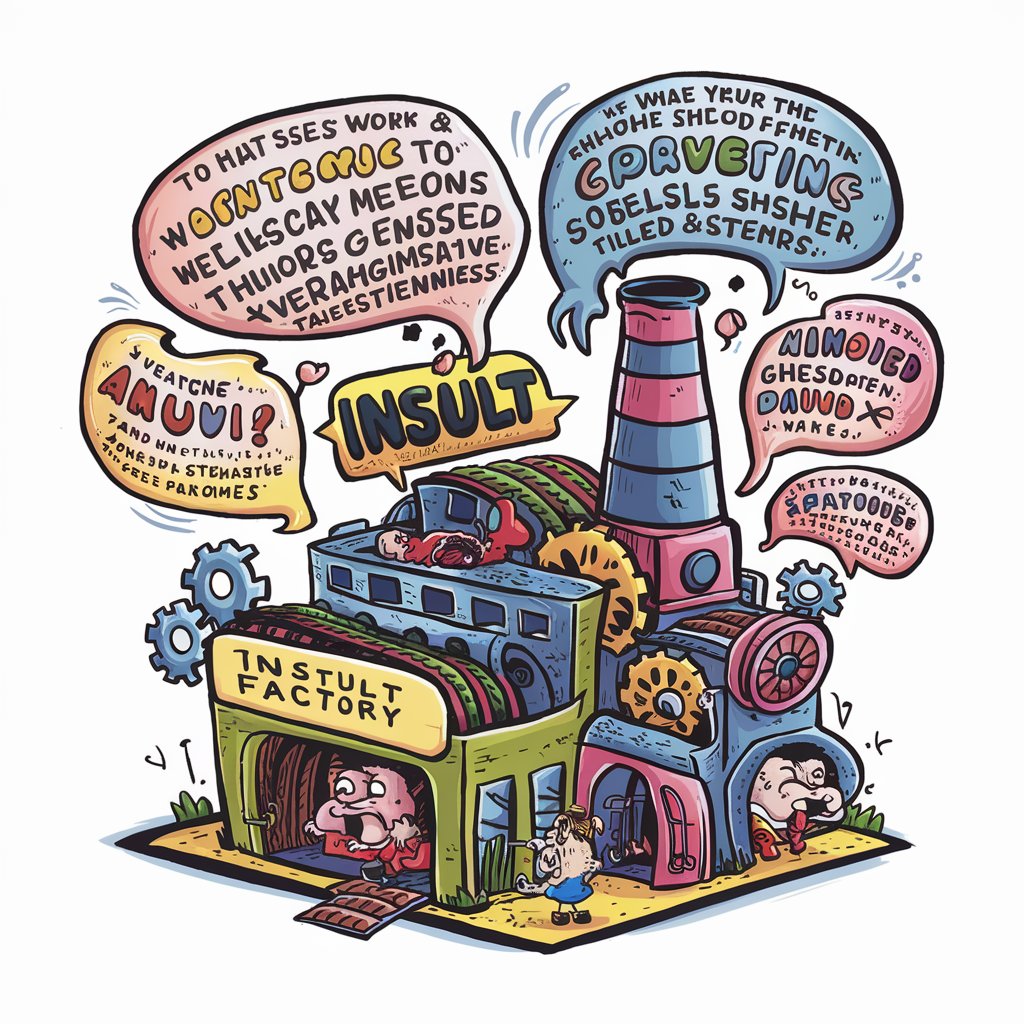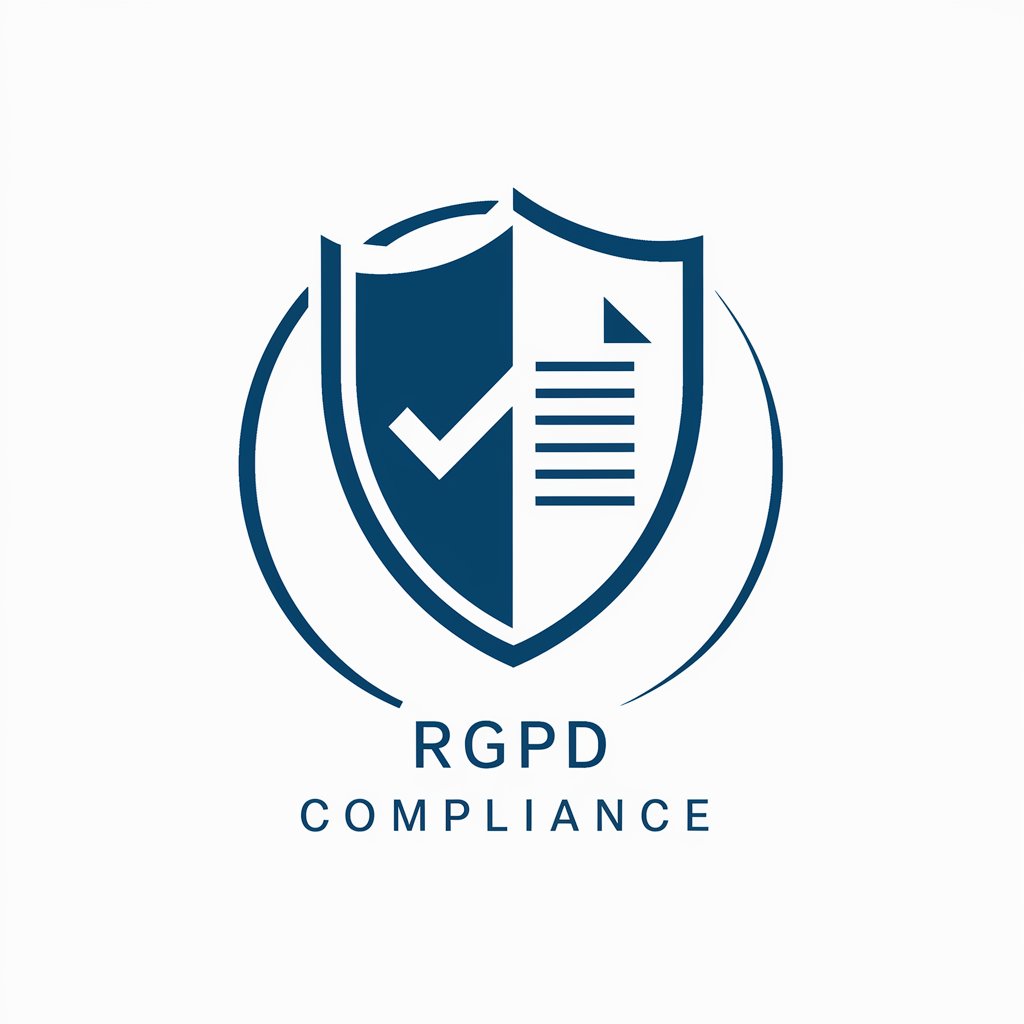Snow Removal - Expert Snow Removal Advice

Welcome! Ready to tackle your snow removal challenges?
Efficient, AI-Powered Snow Clearing Solutions
What are the best techniques for...
Can you explain how to safely...
What equipment is essential for...
How do I properly maintain...
Get Embed Code
Introduction to Snow Removal
Snow Removal, as a specialized field, encompasses the methods, equipment, and strategies employed to clear snow from public and private areas, including roads, sidewalks, driveways, and parking lots. Its primary purpose is to ensure safety and accessibility during and after snowfall events. This field involves a variety of techniques and tools, from manual shoveling to the use of sophisticated machinery like snow plows and blowers. For instance, a common scenario might involve deploying salt spreaders ahead of a forecasted snowstorm to prevent ice formation on roadways, followed by the use of plows to clear accumulated snow, ensuring safe passage for vehicles and pedestrians. Powered by ChatGPT-4o。

Main Functions of Snow Removal
Snow Plowing
Example
Using trucks fitted with plow attachments to push snow off roadways and parking lots.
Scenario
Municipal governments often deploy plowing operations in the early hours during and after a snowstorm to clear streets before the morning commute.
Salting and De-icing
Example
Applying salt or chemical de-icers to surfaces to melt snow and ice.
Scenario
Before a winter storm hits, road crews might pre-treat roads and sidewalks with salt to prevent ice buildup, ensuring safer conditions for drivers and pedestrians.
Snow Blowing
Example
Using snow blowers to remove snow from sidewalks, driveways, and other pedestrian areas.
Scenario
Residential homeowners may use snow blowers after a snowfall to clear paths around their property, making it safer to walk and access vehicles.
Snow Hauling
Example
Transporting accumulated snow away from densely populated or critical areas to designated dumping locations.
Scenario
In urban settings where space is limited, snow from roads and parking lots may be loaded onto trucks and hauled away to avoid large snowbanks that can obstruct visibility and take up valuable space.
Ideal Users of Snow Removal Services
Municipal Governments
Responsible for public safety and accessibility, municipal governments need efficient snow removal to keep roads, sidewalks, and public spaces clear and safe for citizens.
Commercial Property Owners
Owners of shopping centers, office buildings, and other commercial properties rely on snow removal to maintain access for customers and employees, minimizing business disruption during snow events.
Residential Homeowners
Individuals looking to keep their driveways, walkways, and personal property clear of snow for safety and accessibility will benefit from snow removal tools and services.
Transportation and Logistics Companies
These companies require clear roadways and loading areas to maintain schedules and ensure the safe transport of goods, making snow removal critical during the winter months.

Getting Started with Snow Removal
Begin Your Trial
Start by accessing yeschat.ai to initiate a complimentary trial period, enabling you to explore Snow Removal without the need for a subscription or creating an account.
Identify Your Needs
Assess the specific challenges you face with snow removal, such as the size of the area, type of surfaces, and frequency of snowfall, to tailor your approach effectively.
Select Appropriate Equipment
Based on your assessment, choose the right tools for the job, which could range from simple shovels to more advanced snow blowers or plows.
Learn Best Practices
Familiarize yourself with the most efficient techniques for snow removal, including proper lifting, the timing of removal, and the application of ice melt products, if necessary.
Prioritize Safety
Always consider safety precautions, such as wearing appropriate attire, being aware of surroundings to avoid hazards, and ensuring machinery is used correctly and maintained.
Try other advanced and practical GPTs
Business Loans
Empowering businesses with AI-driven loan guidance

Insult Factory
Crafting Wit with AI

Git Mastermind
Empower Your Git Workflow with AI

Atlas GPT
Empower your journey with AI insights

Cloud Companion
Empower Your Cloud Journey with AI

Dishwashers
Empowering Clean Dishes with AI

Eerie Narrator
Crafting Your Nightmares into Stories

RGPD Compliance
Automate Your Website’s Legal Compliance

GPT Idea Innovator
Sparking Innovation with AI

Bahasawan
AI-powered Malay Translation with Cultural Nuance

Congress
Expert insights into U.S. Congress, powered by AI.

Nadine Maria Valentina
Empowering Creativity with AI

Frequently Asked Questions about Snow Removal
What's the best time to remove snow?
The optimal time for snow removal is in the early morning, before daily activities begin. This prevents snow from being compacted by foot or vehicle traffic, making it easier to clear.
Can I use rock salt on all surfaces?
Rock salt is effective for melting ice but can damage certain surfaces like concrete and vegetation. Consider alternatives like calcium chloride or sand for sensitive areas.
How do I choose between a snow blower and a shovel?
Your choice depends on the area size and snow volume. A shovel is suitable for small, flat areas, while a snow blower is better for larger areas or heavy snowfall.
Is it necessary to remove snow from roofs?
Yes, especially in areas with heavy snowfall. Accumulated snow can cause roofs to collapse. Use a roof rake or hire professionals for high or steep roofs.
How can I prevent ice buildup on walkways?
Apply ice melt products before a snowstorm to prevent ice formation. Regularly clearing snow and applying sand can also provide traction and minimize ice buildup.
